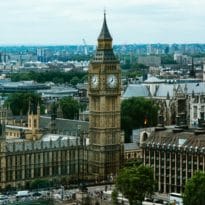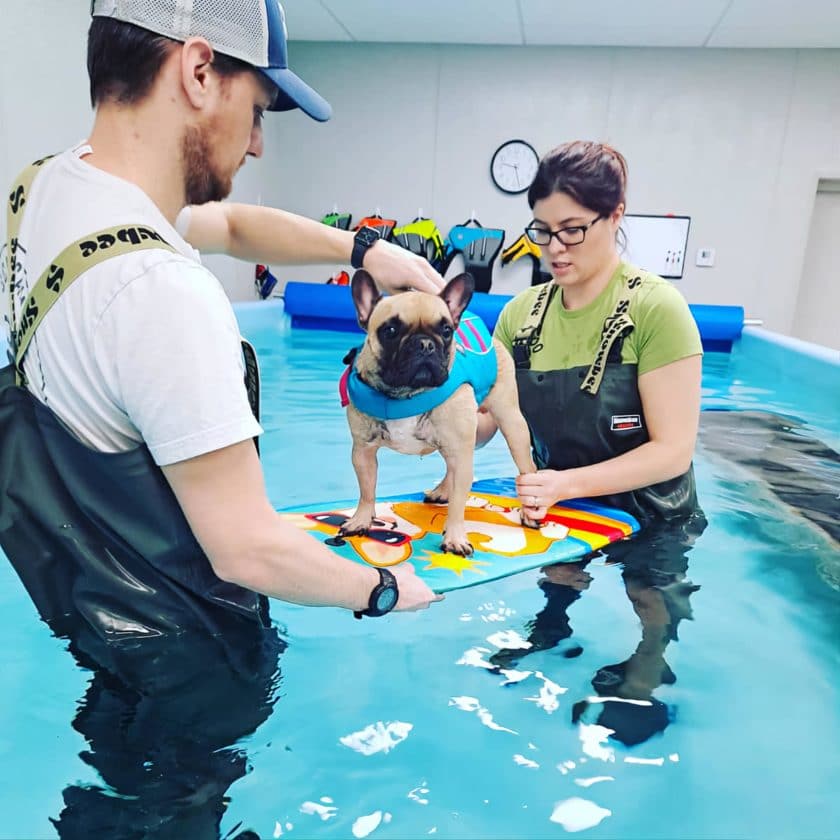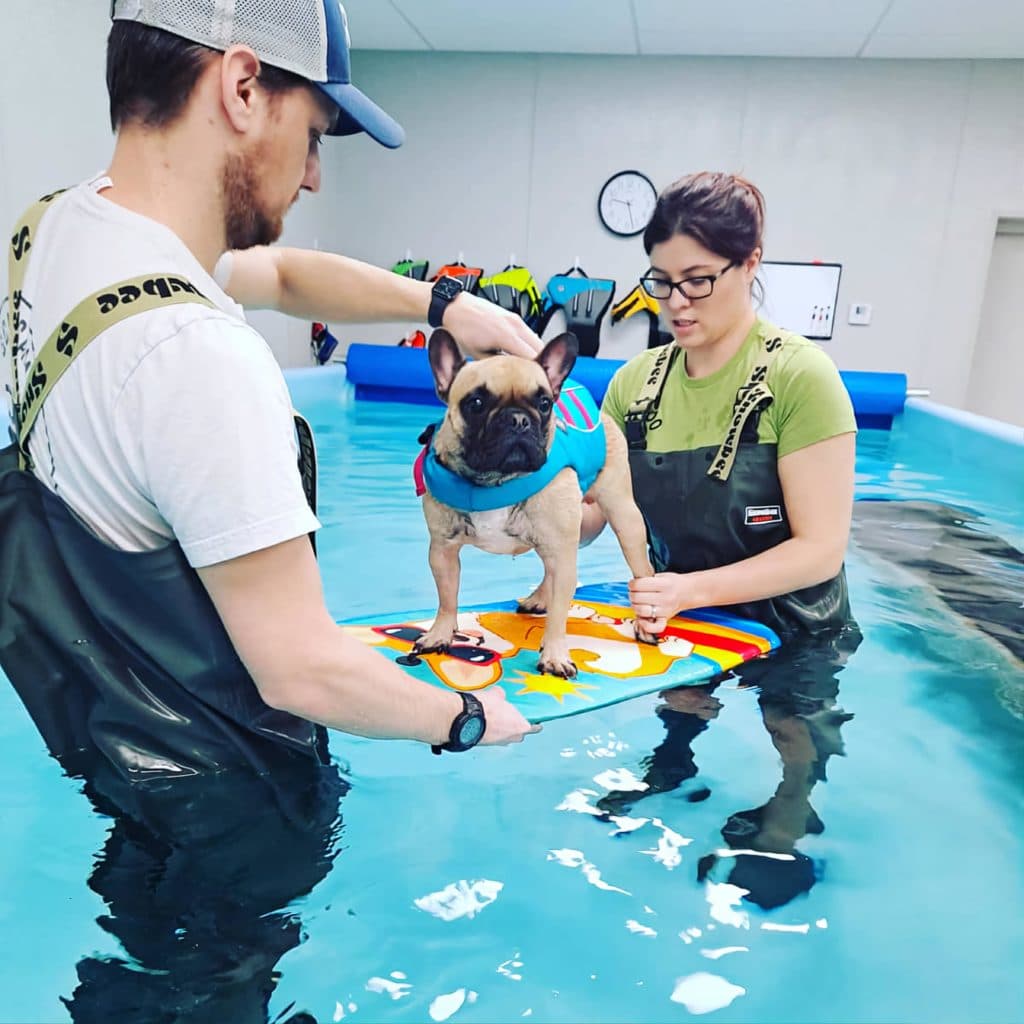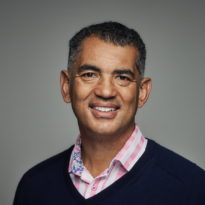When Professional Paraplanner last spoke with Ashley Wiltshire she was about to up sticks and move to Texas, USA, while also running Wiltshire Paraplanning in the UK. We caught up with her to see how things have panned out in the intervening years.
Ashley Wiltshire, owner of outsourced paraplanning business Wiltshire Paraplanning, was the Professional Paraplanner cover star in October 2019. At the time, the business, which primarily but not exclusively serves financial advice firms under the St James’s Place (SJP) banner, had been operating for six years and Ashley was about to take a leap of faith, moving from the Cirencester to Wylie, a small town in Texas. The town was somewhere she had lived before and family connections were part of her reasons to return there. She intended to run the paraplanning business from the US, while also setting up a local canine hydrotherapy service.
Catching up with her two years later, Ashley says things have gone surprisingly well, despite the disruption caused by the Covid pandemic.
“When I first made the move and we were setting up the new business in Texas, I did suddenly think, ‘Have I done the right thing?” Then I came across a Tony Robbins article on being an entrepreneur, in which he pointed out that spreading risk by diversifying your business was a good thing, just like when investing. That re-assured me,” she says.
Around Brexit in January 2020, paraplanning work slowed down as investors grew more cautious, she says, but it then picked back up again and they had one of their best months – just as Covid hit.
“We survived Covid as a team. Worked dropped off considerably to start with so I stepped away from suitability report writing, giving the other members of the team more revenue from the work coming in and I focussed on case checking,” Ashley explains.
In one way, Covid provided a silver lining, as being less hands-on with paraplanning allowed Ashley the opportunity to focus more time on setting up the canine hydrotherapy business, Scuba Sams, which opened in June 2020.
Texas is six hours behind the UK, so Ashley effectively starts work at 2pm UK time. Typically, she works half the day on Wiltshire Paraplanning and half the day on Scuba Sams.
“Scuba Sams, named after our dog Sam, now has a strong community of people using us, who recommend us to others, and we’ve been able to build up the business despite Covid. Also, there are only two other rehab services in the whole Dallas/Fort Worth area (the fourth largest metropolitan area in the US) and I know that if I needed to return to the UK I could most likely sell the business. So it’s worked out well.”
In terms of paraplanning, the company currently serves around 35 SJP partners. There is a team of six paraplanners plus Ashley, an office manager and an administrator who undertakes data and information gathering, leaving the rest of the team to focus on paraplanning. Ashley says she has also been using Intuitive Support Services, run by Debbie Condon, for admin support.
Although Ashley works from the States, the company operates entirely from the UK. “Our systems are all UK-based, accessed through the cloud. We spoke to SJP before we left to ensure we conformed to all data protection/GDPR rules and that they were happy. My laptop, for example, I bought before we left Cirencester and it still runs on GMT, so I know exactly what time it is when I’m talking to people in the UK.”
Staying in touch
Ashley has ensured she is permanently in touch with her team and paraplanning in the UK. Her team has two What’s App groups, one for work and one for everyday life, “where we can share pictures and have fun conversations.”
She has also set up a Facebook group for paraplanners working with SJP. “I wanted to provide support because SJP has its own systems and ways of working and I felt it would be useful to give other paraplanners a way to talk with their peers and pose questions and get help if they need it.”
And prior to leaving the UK Ashley was involved with the London Institute of Banking and Finance (LIBF), helping with content and questions for the Level 4 Paraplanning qualification and writing blogs. She continues to help the professional body with the exam course and as a consultant on paraplanning issues.
Looking to the future
As with many outsourced paraplanning services, Ashley has seen an increase in workload in the aftermath of lockdown, as advice firms have seen a rise in interest in financial advice. But, she adds, Wiltshire Paraplanning carefully manages the number of firms it will work with at any one time in order to maintain its service standards. “We keep a close eye on our workloads and what we can undertake if we are to maintain our quality standards.” Building the business organically is her aim and currently, she is looking to increase the administrative function, to help paraplanners take on more work.
Looking ahead, Ashley says she wants to build the paraplanning business to around ten paraplanners – “as a nice round number” – and the team is working on the SJP Paraplanner Accreditation “so we will have that under our belts soon too”.
She is also training up two assistants to work in the Texas business, to enable Ashley and her husband to step back from physically working in the business all the time, and she will take a more overarching role across the two businesses.
As more consumers look to financial advisers for help with their finances, Ashley expects advice firms to look more to outsourced services as a flexible and economical way of working. “What’s important is that they find a firm with experience that is the right fit for them and their business,” she emphasises.
Asked what her secret is for success, she says: “It’s about professionalism, the way you approach things, and how you deal with people. Also, you’ve got to enjoy what you do.”





























